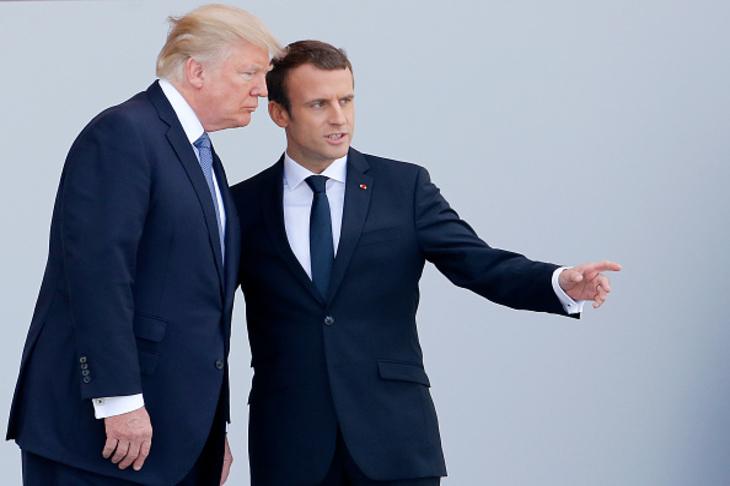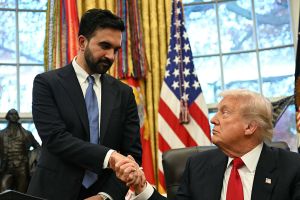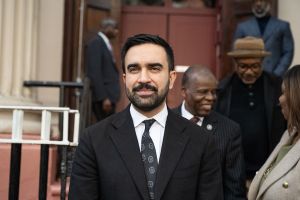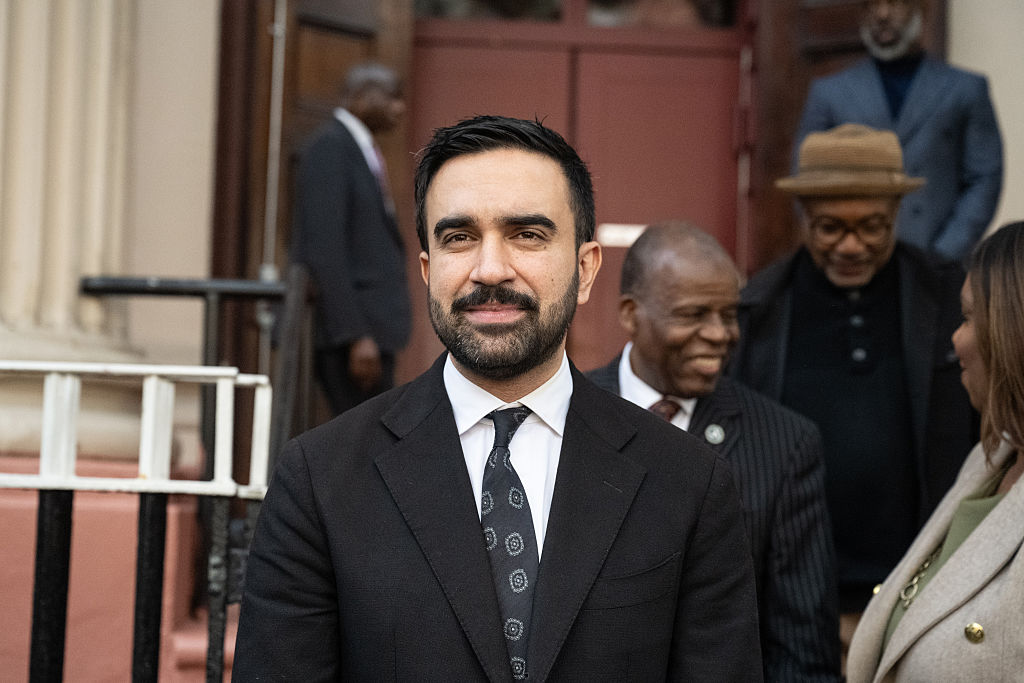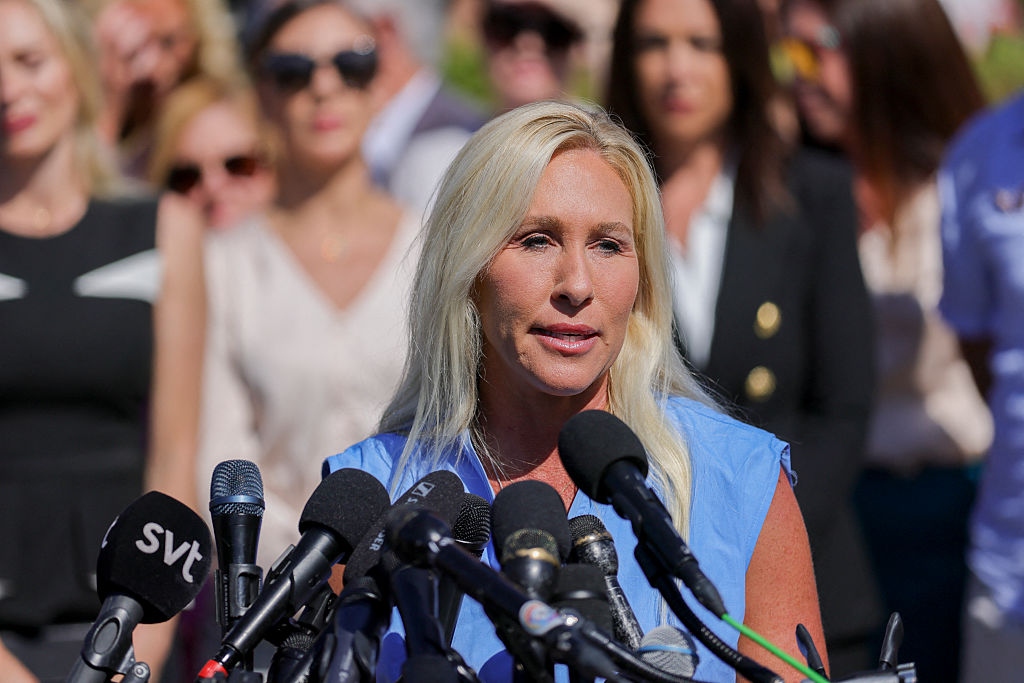Twenty-one years ago the sun finally set on the British Empire with the handover of Hong Kong. Now, the sun is setting on what is known as the special relationship between the United Kingdom and the United States.
It would be easy to blame Brexit for London’s increasing irrelevance in Washington. After all, the U.S. foreign policy establishment has been rapidly pro-European Union since Henry Kissinger supposedly said that Americans needed to know who to call if they wanted to call Europe. Since then, when a president wanted something from the Old World the British prime minister was their helpmate.
There is no question that France has manoeuvred to fill the void in Europe caused by Brexit. However, the Franco-American alliance is about more than Europe. In fact, France has been America’s ally since revolutionaries waged a war against the British for independence.
French President Emmanuel Macron is increasingly seen as an ally who can focus on the big picture, notwithstanding deep ideological differences between his center-leftism and President Donald J. Trump’s America First Republicanism.
This is evident as Washington rolls out the red carpet for Macron, who is being honored this week with the first state visit of the Trump presidency.
Talk about remarkable. After all, it wasn’t long ago that relations between France and the United States were ice cold. Long gone are the days of freedom fries. Today, it is vive la French fries.
None of this should come as a surprise given Macron’s bromance with Trump at last year’s Bastille Day festivities in Paris. In Washington, Gérard Araud, France’s charming and highly effective ambassador, has continued the full-on diplomatic offensive.
By contrast, British Prime Minister Theresa May has been unable to forge any meaningful ties with Trump after what was intended to be the U.S. president’s first state visit went down in flames. If Trump ever visits London before the end of next year, when his attention shifts to re-election in 2020, it will be a working visit with little of the pomp and pageantry that comes with a state visit.
British opposition to Trump has been outspoken — and not just from the benches of the opposition Labour Party.
Foreign Secretary Boris Johnson performed acrobatic feats worthy of an Olympic gymnast after his harsh criticism of Trump during the 2016 presidential election.
While May’s Conservative Party was historically closer to the Republican Party, it drifted dangerously close to the Democrats during the premiership of David Cameron, May’s predecessor at 10 Downing Street. Not only did Cameron prefer Barack Obama over Mitt Romney and Hillary Clinton over Trump, but he gave bigcontracts to Obama’s consultants. Some of these contracts were retained by May during the disastrous 2017 election in which she lost her party’s majority in Parliament.
Then there were the unnecessary interventions by British politicians into the daily grind of U.S. politics, including the infamous House of Commons debate on banning Trump from entering the queen’s realm.
The repeated diplomatic faux pas by the British combined with the fact that Trump likes strong leaders who can get things done — May is incredibly weak as she struggles to reach a Brexit settlement — cemented Macron’s standing with Trump as his go-to European ally.



